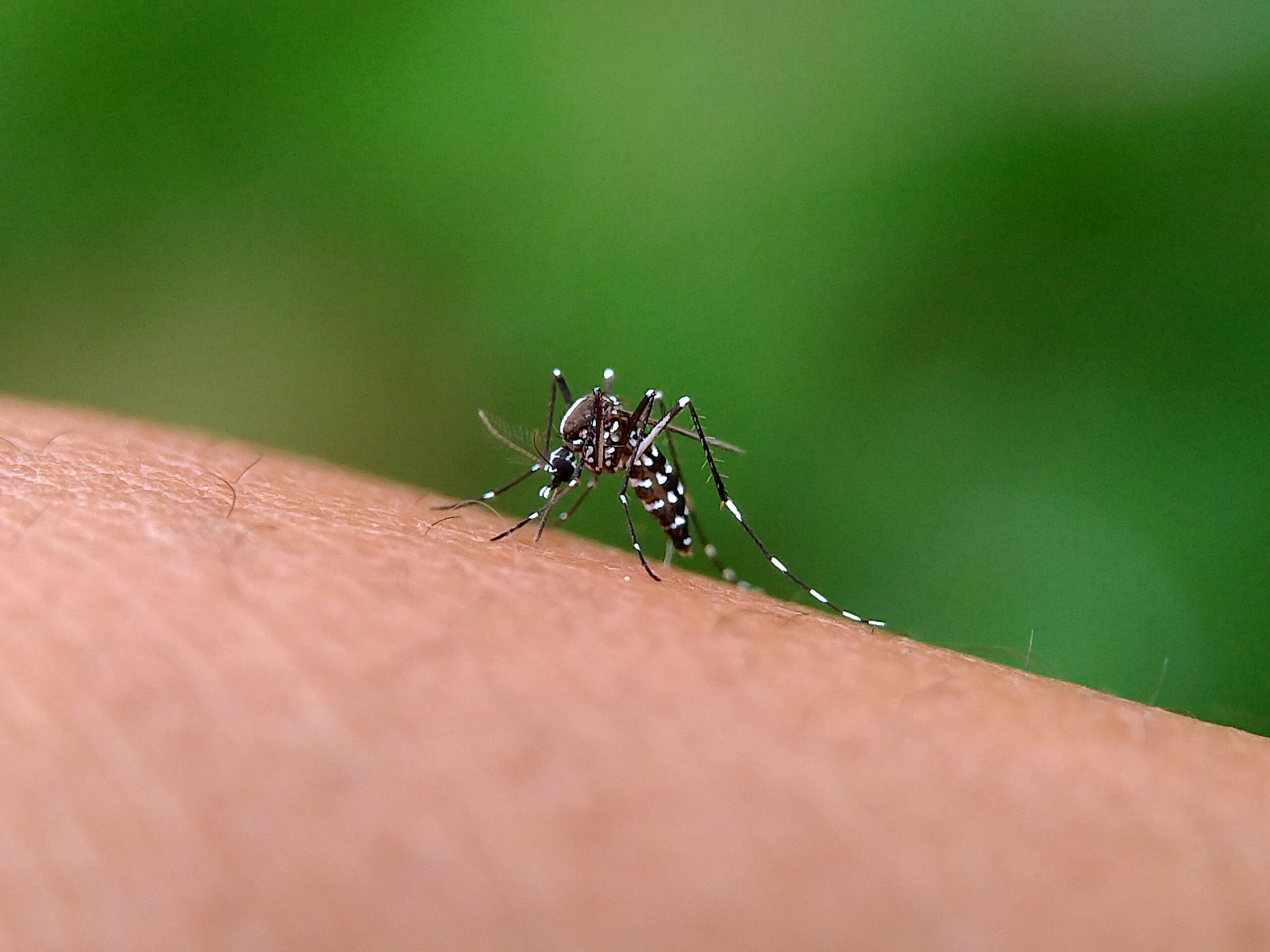Although usually not painful, a mosquito bite can cause some discomfort from the itching that results. Still, when they bite, mosquitoes spread dangerous diseases, including malaria and dengue. The frequency of dengue and malaria infections and deaths recorded in the USA over the years emphasizes the need for mosquito control, made possible by anchorpestservices.com.
How does a mosquito bite?
Once on human flesh, the female mosquito will start to eat. Her mouthparts abound in sharp bristles and tubes. Using a bristle creating a hole in the skin, the female mosquito probes in the tissue until it reaches a small blood vessel, or capillary. Saliva runs through one tube and the person’s blood is being sucked up via the other two tubes within the blood vessel or capillary. Acting as an anticoagulant, saliva allows blood to flow more naturally. The saliva’s proteins kick off the human immune system to show up as uncomfortable itching.
When to worry about a mosquito bite
Mosquito bites start to become worrisome when someone has a more severe allergic reaction or if the bite becomes infected.
Skeeter syndrome is the most frequent allergic reaction. Usually moderate, it can become severe in certain circumstances. In this case, swelling becomes severe and affects vision, movement, eating, or drinking. If this happens, you should see your doctor since therapy calls for prescription corticosteroids.
Though rare, systematic allergic responses to mosquito bites are sometimes conceivable.
If following a bite, you find any of the following, seek emergency medical attention:
- Throat swelling
- Trouble breathing
- Wheezing
- Hives
- Nausea and vomiting
- Lethargy.
Finally, if you have been scratching a mosquito bite and observe indicators of infection—red streaks radiating outward from the bite, warmth—you should pay great attention to your symptoms. See your doctor if they get bad, particularly if the fever starts.
How to avoid mosquito bites
Are you sick and tired of bothersome insects interrupting your outdoor pursuits? These easy actions could help lower your risk of being bitten.
- Steer clear of dark colors; avoid using strong smells like deodorants and perfumes since these draw insects.
- Minimise exposed skin: dress in long sleeves, pants, shoes, and caps.
- Steer away from slow-moving static or stationary water sources.
- Tuck pants into socks; steer clear of touching long grass or shrubs when traversing brush or rocky ground.
What can I do to relieve the itching?
First things first: Stop. Scratch. This will simply make the skin more red and inflamed. You also face the risk of creating an infection, harming the skin, and—you guessed it—more itching.
Pressing anything cold to the region will momentarily reduce blood flow. One could use ice or a cold pack. Otherwise, by reducing inflammation and irritation, an over-the-counter hydrocortisone cream or calamine lotion speeds up healing of a bite.
How long do mosquito bites last?
Depending on the person, a mosquito bite lasts varied periods. The degree of the itching will determine whether it lasts few minutes or several days. As you may already be aware, it lasts longer the more you scratch.
Once you understand the fundamentals of mosquito bites, you will be more suited to assist in family protection.
Conclusion
Mosquito bites go beyond simple itching and annoyance. They also provide a means of invasion and dissemination for major pathogens such as the West Nile or Zika virus.
Though the U.S. has a quite low incidence of mosquito-borne disease, even a little risk calls for acting to minimize mosquito bites as much as feasible.
References

